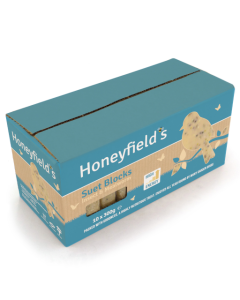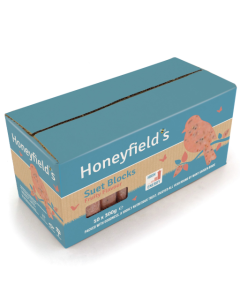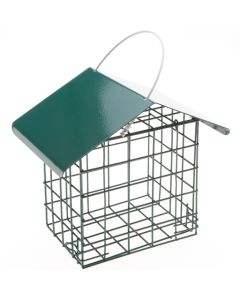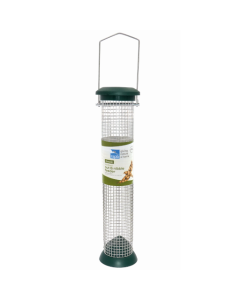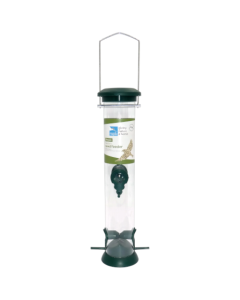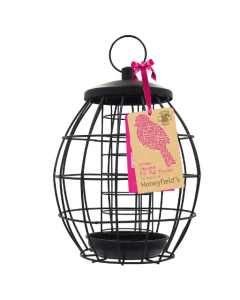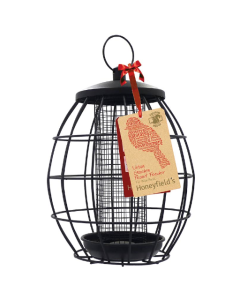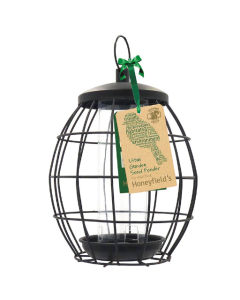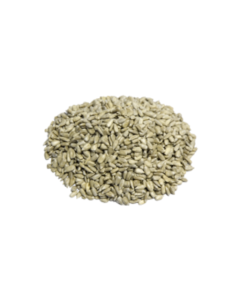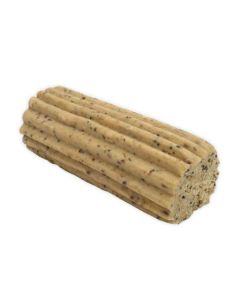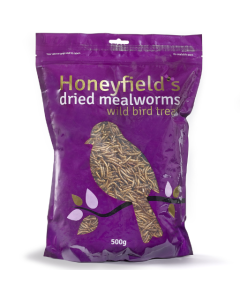It can be very rewarding when you are able to encourage the feeding of wild birds in your garden, but this is also greatly appreciated by the birds themselves. Ensuring the availability of bird feed is available in your garden all year round can aid with the risk of natural food shortages. Providing a variation of food not only encourages a range of wild birds to your garden but including these with feeding stations can also create protection from predators while the birds are feeding.
Food Shortages
Natural falls in the amount of available food can occur at any point in the year, but when this happens during the time when birds have nestlings, it can be more detrimental. When there is not enough natural feed to go around, wild birds will seek for easy food that we leave out for them. Although this is why we ensure plentiful feed is left for our birds, if the available food is not suitable for young chicks, it could cause more harm than good.
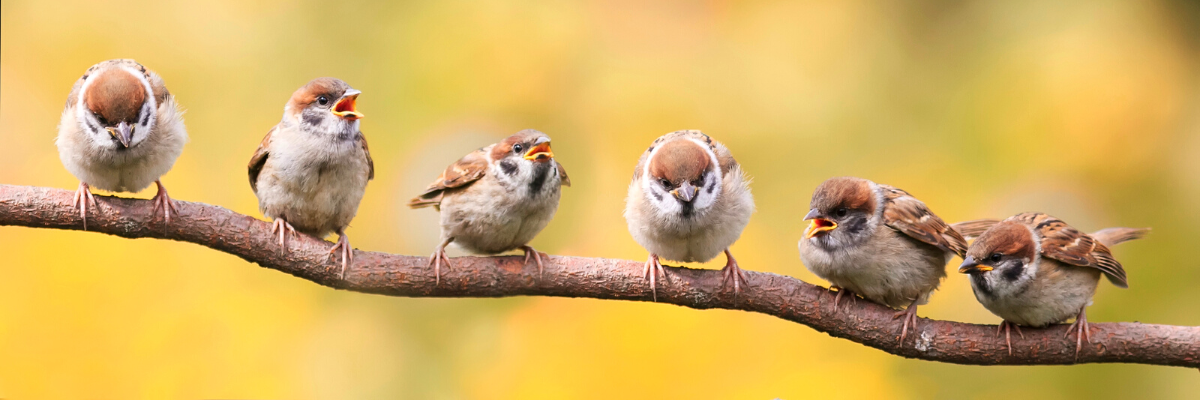

So, what can you feed the wild birds in your garden?
- Straight feeds are those that are not mixed with anything else. The feathered friends range includes lots of tasty straight feed products such as Nyjer seed, Sunflower Hearts, and Peanuts. During the spring and summer months, be careful when feeding peanuts as some adults may take these back to nestlings- ensure they are in feeders to ensure the bird breaks the nut down small enough to reduce chicks from the risk of choking.
- Husk-free seed mixes are a popular choice of feed in many gardens all year round. The removal of seed husks means there is much less mess to be cleared up and many bird who are unable to crack the husks can enjoy the mix. Feathered Friends Hi-Energy No Mess is a husk free mix which can be fed in seed feeders, bird tables or on a ground feeding station.
- Regular seed mixtures without the removal of husks are one of the most sought for feeds for any garden. The combination of many different straight feeds makes the ideal feed for our wild birds. J&J Wild Bird Seed, and Feathered Friends Wild Bird Seed Mix and Premium Mix are three of many seed mixtures that you could include in your garden this year.
- Suet logs and fat balls are a great source of calories for birds. Providing Marriages Fat balls, Suet to Go Suet Logs, or Mealworm Suet Blocks, will provide our feathered friends with lots of energy through the winter months and breeding season.
- Mealworms or Waxworms are always a brilliant food to include in a wild bird’s diet, particularly through the breeding and fledging seasons- live mealworms are always a favourite!
- If you are running low on food and need a quick alternative for your garden, head to the kitchen. Boiled potatoes and cooked pasta or rice are great feeds for wild birds and are quick and easy to rustle up. Another favourite in the garden are the sweet treats we can find in the house such as raisins, sultanas, grapes, apples, pears, and many other soft fruits. These are great for wild birds particularly in the autumn.
The feeding stations
It can be easy to make up a feeding station or hang them from the trees in your garden, but are they safe from predators? Placing feeders high and out of reach from areas where pets such as cats like to perch, will create a safe zone for your birds to feed. The Peckish Everyday bird table will provide a great space for birds to peacefully feed away from the reach of pesky pets.
If you are planning to feed your garden birds on the floor, make sure to keep an eye out for any predators as this method of feeding can leave the birds vulnerable.


Don't forget about water
Ensuring feed is readily available all year round is important, but providing water for the wild birds is also a necessity. Many birds have been seen to become ill or die from the transmission of disease, so ensuring the water is clean and fresh will reduce this risk greatly. Birds not only need water for drinking, but also for bathing. Adding a bird bath or equivalent to your garden will be greatly appreciated by our feathered friends.
Top tips for feeding your garden birds
- Food shortages can occur all year round so making sure food is always available can significantly help our wild birds.
- Ensuring feeders are kept clean will reduce the spread of any disease and will keep your garden birds healthy.
- Keep feeding stations away from any predators- ensure you are only putting feed out that will be eaten by the birds and won’t attract other animals.






